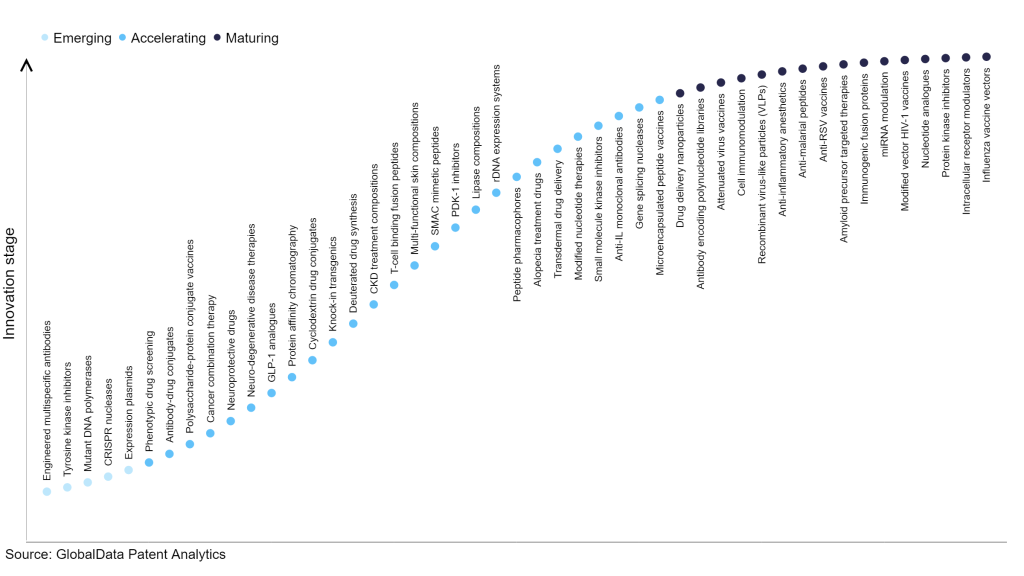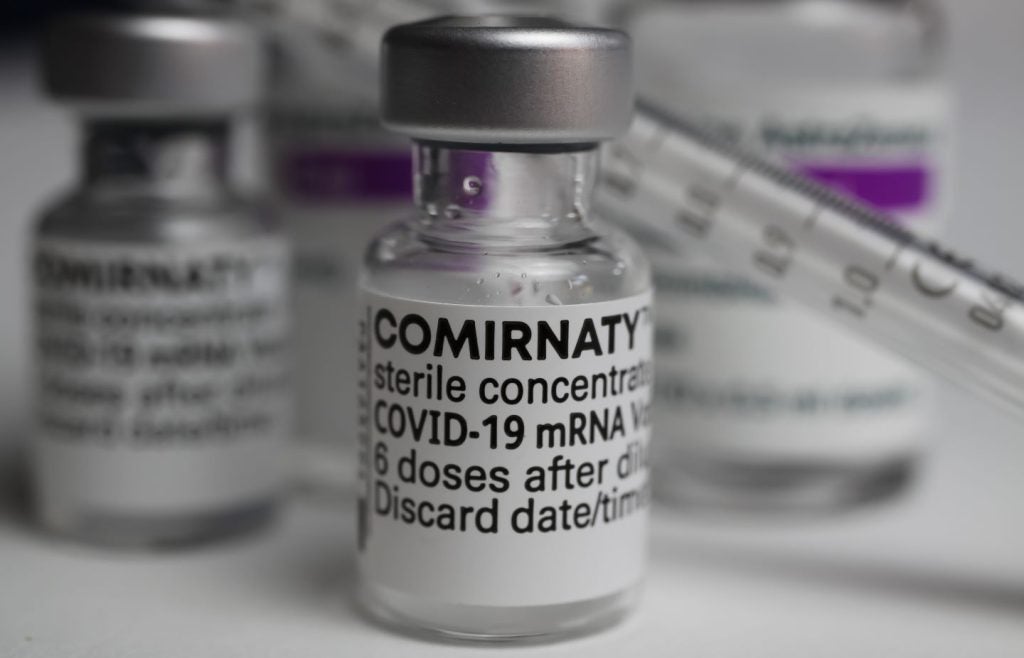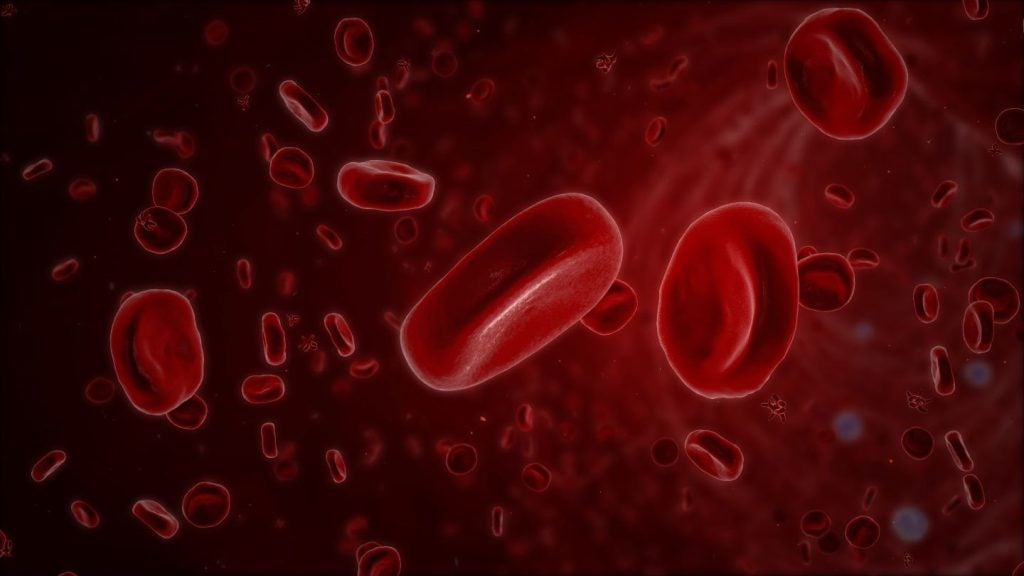The pharmaceutical industry continues to be a hotbed of patent innovation. Activity is driven by the evolution of treatment paradigms, and the gravity of unmet needs, as well as the growing importance of technologies such as pharmacogenomics, digital therapeutics, and artificial intelligence. In the last three years alone, there have been over 787,000 patents filed and granted in the pharmaceutical industry, according to GlobalData’s report on Innovation in pharma: protein kinase inhibitors. Buy the report here.
However, not all innovations are equal and nor do they follow a constant upward trend. Instead, their evolution takes the form of an S-shaped curve that reflects their typical lifecycle from early emergence to accelerating adoption, before finally stabilizing and reaching maturity.
Identifying where a particular innovation is on this journey, especially those that are in the emerging and accelerating stages, is essential for understanding their current level of adoption and the likely future trajectory and impact they will have.
80+ innovations will shape the pharmaceutical industry
According to GlobalData’s Technology Foresights, which plots the S-curve for the pharmaceutical industry using innovation intensity models built on over 668,000 patents, there are 80+ innovation areas that will shape the future of the industry.
Within the emerging innovation stage, engineered multi-specific antibodies, tyrosine kinase inhibitors, and mutant DNA polymerases are disruptive technologies that are in the early stages of application and should be tracked closely. Phenotypic drug screening, antibody-drug conjugates, and polysaccharide-protein conjugate vaccines are some of the accelerating innovation areas, where adoption has been steadily increasing. Among maturing innovation areas are drug delivery nanoparticles and antibody encoding polynucleotide libraries, which are now well established in the industry.
Innovation S-curve for the pharmaceutical industry

Protein kinase inhibitors is a key innovation area in the pharmaceutical industry
Protein kinase inhibitors are a class of pharmaceutical compounds that are designed to target and inhibit protein kinases. Protein kinase inhibitors work by blocking the activity of protein kinase enzymes that are involved in the regulation of cell growth, differentiation, metabolism, and signaling, making them important targets for the development of drugs to treat various diseases, especially cancer.
GlobalData’s analysis also uncovers the companies at the forefront of each innovation area and assesses the potential reach and impact of their patenting activity across different applications and geographies. According to GlobalData, there are 80+ companies, spanning technology vendors, established pharmaceutical companies, and up-and-coming start-ups engaged in the development and application of protein kinase inhibitors.
Key players in protein kinase inhibitors – a disruptive innovation in the pharmaceutical industry
‘Application diversity’ measures the number of applications identified for each patent. It broadly splits companies into either ‘niche’ or ‘diversified’ innovators.
‘Geographic reach’ refers to the number of countries each patent is registered in. It reflects the breadth of geographic application intended, ranging from ‘global’ to ‘local’.
Patent volumes related to protein kinase inhibitors
| Company | Total patents (2021 - 2023) | Premium intelligence on the world's largest companies |
| Bristol-Myers Squibb | 318 | Unlock Company Profile |
| Vertex Pharmaceuticals | 225 | Unlock Company Profile |
| Gilead Sciences | 166 | Unlock Company Profile |
| Nippon Shinyaku | 123 | Unlock Company Profile |
| Pfizer | 96 | Unlock Company Profile |
| Novartis | 77 | Unlock Company Profile |
| Karyopharm Therapeutics | 75 | Unlock Company Profile |
| Astellas Pharma | 68 | Unlock Company Profile |
| Agios Pharmaceuticals | 65 | Unlock Company Profile |
| Johnson & Johnson | 62 | Unlock Company Profile |
| AstraZeneca | 53 | Unlock Company Profile |
| F. Hoffmann-La Roche | 46 | Unlock Company Profile |
| Incyte | 43 | Unlock Company Profile |
| Wellstat Management | 41 | Unlock Company Profile |
| Alembic Pharmaceuticals | 41 | Unlock Company Profile |
| Biogen | 39 | Unlock Company Profile |
| AbbVie | 35 | Unlock Company Profile |
| Oryzon Genomics | 35 | Unlock Company Profile |
| Revolution Medicines | 27 | Unlock Company Profile |
| Merck | 25 | Unlock Company Profile |
| Mallinckrodt | 24 | Unlock Company Profile |
| Karolinska Development | 22 | Unlock Company Profile |
| ESSA Pharma | 21 | Unlock Company Profile |
| Pulmokine | 21 | Unlock Company Profile |
| Takeda Pharmaceutical | 21 | Unlock Company Profile |
| Fujian Haixi Pharmaceuticals | 19 | Unlock Company Profile |
| Immunomet Therapeutics | 18 | Unlock Company Profile |
| Active Biotech | 18 | Unlock Company Profile |
| Galderma Research and Development | 18 | Unlock Company Profile |
| Otsuka | 17 | Unlock Company Profile |
| Arcus Biosciences | 17 | Unlock Company Profile |
| Bayer Pharma (Bayer Schering Pharma) | 17 | Unlock Company Profile |
| Madrigal Pharmaceuticals | 16 | Unlock Company Profile |
| Abbott Laboratories | 16 | Unlock Company Profile |
| Alphabet | 15 | Unlock Company Profile |
| Eli Lilly | 14 | Unlock Company Profile |
| Karus Therapeutics | 14 | Unlock Company Profile |
| Jiangsu Haosen Pharmaceutical Group | 13 | Unlock Company Profile |
| Nuvation Bio | 12 | Unlock Company Profile |
| Holley Performance Products | 12 | Unlock Company Profile |
| Perrigo | 12 | Unlock Company Profile |
| Kirin | 12 | Unlock Company Profile |
| Massachusetts General Hospital | 10 | Unlock Company Profile |
| Macrophage Pharma | 10 | Unlock Company Profile |
| Hansoh Pharmaceutical Group | 10 | Unlock Company Profile |
| Chroma Therapeutics | 8 | Unlock Company Profile |
| Shanghai Junshi Bioscience | 8 | Unlock Company Profile |
| Basilea Pharmaceutica | 8 | Unlock Company Profile |
| Sentinel Oncology | 8 | Unlock Company Profile |
| Mitsubishi Chemical Group | 7 | Unlock Company Profile |
Source: GlobalData Patent Analytics
Bristol-Myers Squibb (BMS) is one of the leading patent filers in protein kinase inhibitors. BMS is a global pharmaceutical company that has developed several protein kinase inhibitors as part of its pipeline portfolio. These inhibitors target specific protein kinases involved in various diseases, including cancer indications. In August 2022, BMS completed its acquisition of Turning Point Therapeutics, through which BMS gained a pipeline of investigational medicines designed to target the most common mutations associated with oncogenesis, including repotrectinib. Repotrectinib is a next-generation, potential best-in-class tyrosine kinase inhibitor targeting the ROS1 and NTRK oncogenic drivers of non-small cell lung cancer (NSCLC) and other advanced solid tumors. Vertex Pharmaceuticals and Gilead Sciences are some of the other key patent filers in protein kinase inhibitors.
In terms of application diversity, Shanghai Junshi Bioscience leads the pack, while Otsuka and Wellstat Management stood in the second and third positions, respectively. By means of geographic reach, Karyopharm Therapeutics held the top position, followed by Agios Pharmaceuticals and Bristol-Myers Squibb.
To further understand the key themes and technologies disrupting the pharmaceutical industry, access GlobalData’s latest thematic research report on Pharmaceutical.
Data Insights
From

The gold standard of business intelligence.
Blending expert knowledge with cutting-edge technology, GlobalData’s unrivalled proprietary data will enable you to decode what’s happening in your market. You can make better informed decisions and gain a future-proof advantage over your competitors.







